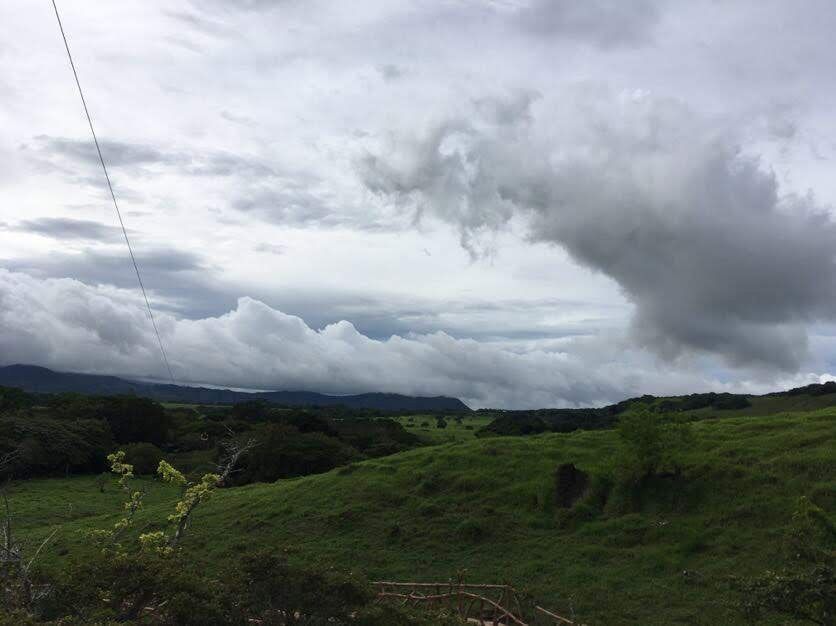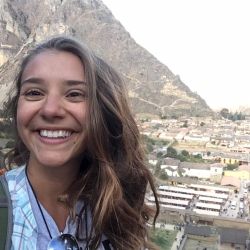Guayabo: Energy, Volcanoes, and Reflection
Costa Rica is known for its innovative and relatively sustainable energy provision practices which include hydroelectric, geothermal, wind, and low levels of solar. From hands-on experience, we had the opportunity to enjoy the hot springs at our hotel Guayacan Termales. In-class discussions empowered students to think critically about how tourism interacts with energy sources. Some students even took on the challenge of hiking up towards the volcano to further investigate the geothermal plants that kept our pools warm and cozzy.
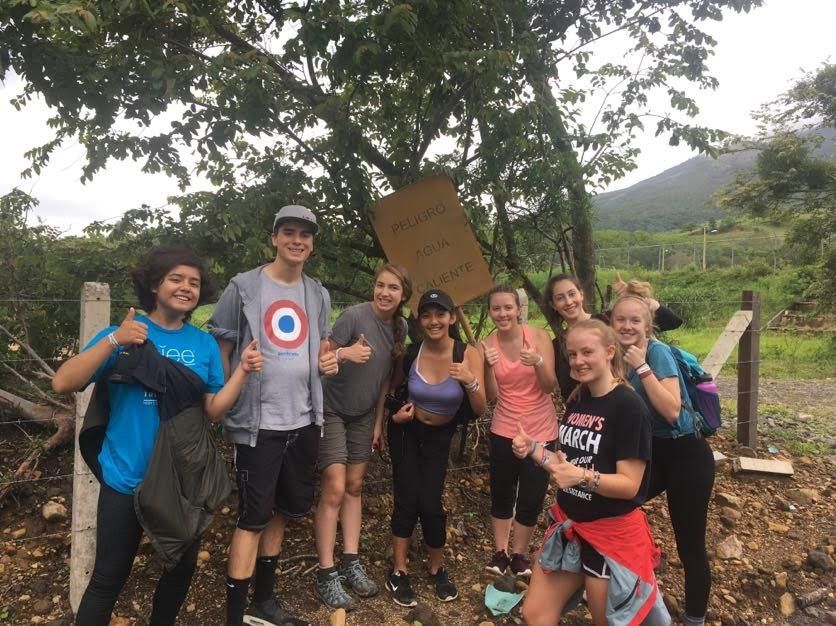
Some students felt pretty seriously about the intensity of our hike and of course, the "danger" ahead of the hot water.
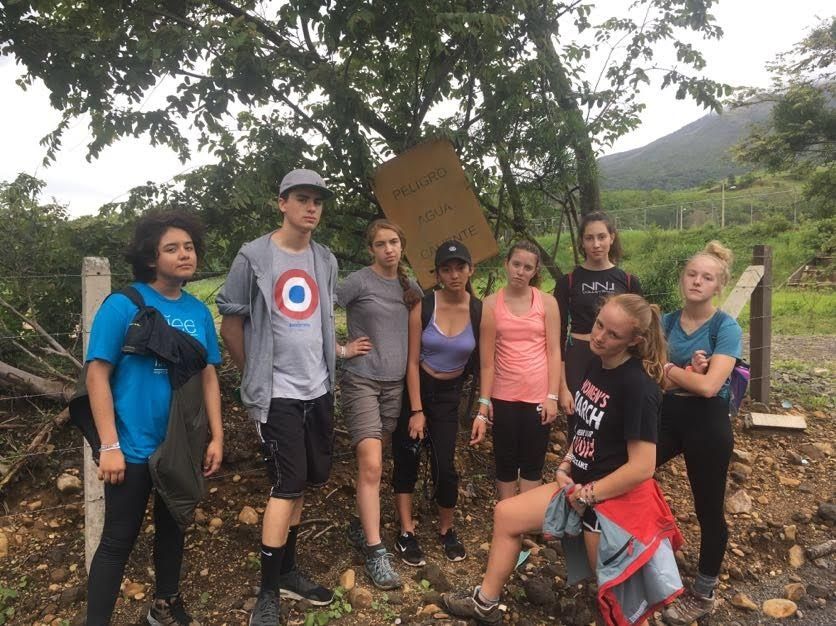
Beyond the adventures surrounding Guayabo, we traveled to see the energy plants and inputs that impact our daily life. The primary highlights included visiting smaller communities that contribute to the primary nutrition crops including rice plantations.
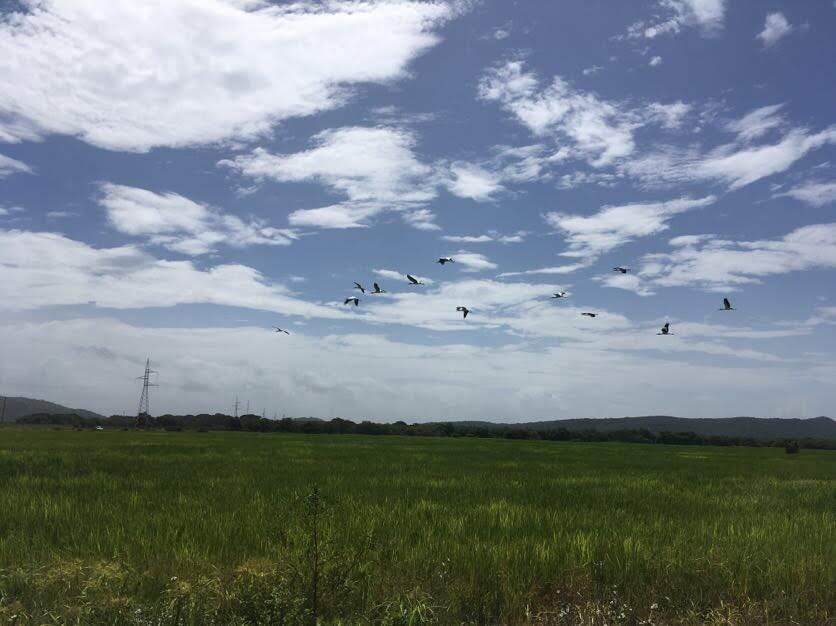
We also looked at the infiltration and exposure of sugar cane production in Costa Rica which did not always exist! That's right, sugar itself was only introduced in the past 40 years in Costa Rica which has resulted in high rates of diabetes and other health consequences.
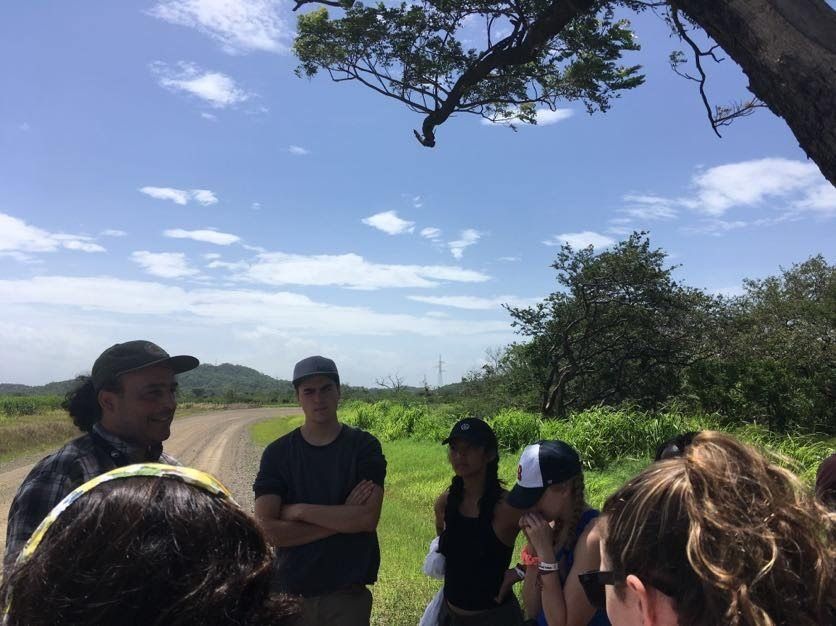
In order for agriculture to thrive and flourish as a sustainable source of employment and food security, we needed to evaluate water management. We looked at the distribution of water and widespread disparity that impacts agriculture-based economies. In doing this, we learned about the health impacts including staggering rates of kidney cancer and the social impacts of having a low level of students actually making it to the university. However, we also learned about the alternative educational opportunities including technology programs offered in Costa Rica.
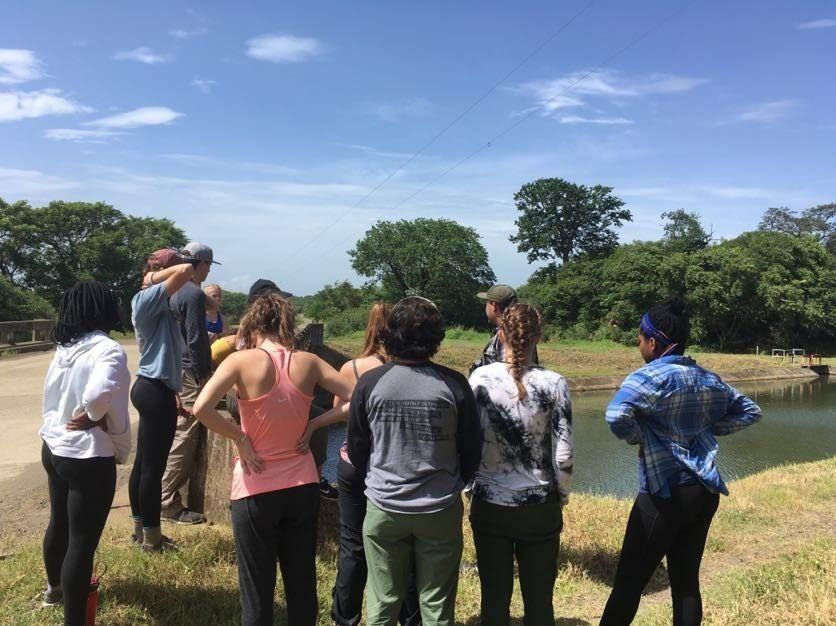
Overall, the holistic questions about the three legs of sustainability, social, economic, and environmental, were comparatively analyzed in relation to how we as tourists and students can respond to these pressures placed on energy and agriculture communities. Moreover, we questioned how these models would look in our communities and how the local governments may respond negatively to energy plants popping up in our backyards.
Our final stop is right around the corner: Monteverde!
Related Posts
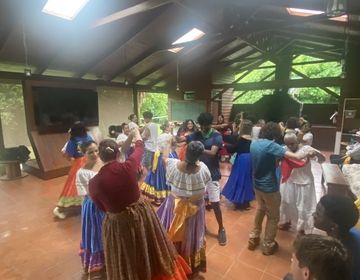
A Colorful Finale
For our last blog post, the incredible Rama Mansour crafted a fantastic summary of our final few days. Great job Rama! The last few days here in Monteverde have been... keep reading

Unexpected Communication
This blog was written by Izaiah Smith. Izaiah is a global navigator that is flexible and is always up for a challenge. Whether that is learning Spanish or meeting new... keep reading
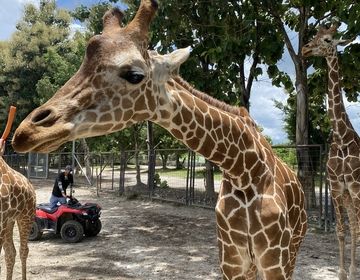
Tubing in Liberia!
Once again, one of our amazing Global Navigators took over the blog posting honor! Kayla Williams created a fantastic update from our weekend in Liberia. Here is what she had... keep reading
